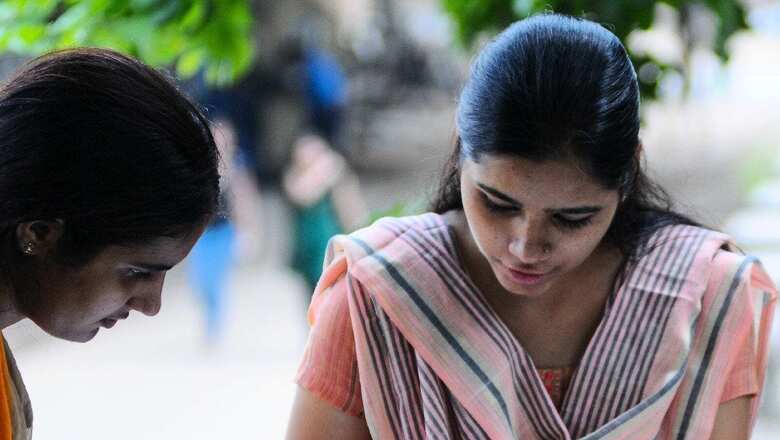
views
With JEE Advanced Exam 2022 scheduled to be held on August 28, aspirants are already on their toes, preparing to clear the final hurdle in their path to secure a seat at the prestigious IITs. Even though it is one of the toughest entrance exams to clear, proper preparation strategies, rigorous practice will help students clear the exams with ease.
While no question gets repeated in the IIT entrance, the paper pattern, however, remains constant. To ensure a good score, it is critical that students understand the types of questions asked in the exam as well as important topics from which most of the questions are asked. Lets decode both.
JEE Advanced 2022: Unmissable Topics
The major focus should be given to the following topics:
Mathematics: Quadratic Equations & Expressions, Complex Numbers, Probability, Vectors & 3D Geometry, Matrices in Algebra; Circle, Parabola, Hyperbola in Coordinate Geometry; Functions, Limits, Continuity and Differentiability, Application of Derivatives, Definite Integral in Calculus.
Read | IITs Change Syllabus, Paper Pattern for Design Entrance Exam
Physics: Mechanics, Fluids, Heat & Thermodynamics, Waves and Sound, Capacitors & Electrostatics, Magnetics, Electromagnetic Induction, Optics and Modern Physics.
Chemistry: Qualitative Analysis, Coordination Chemistry & Chemical Bonding in Inorganic Chemistry, Electrochemistry, Thermodynamics, Chemical Equilibrium in Physical Chemistry and Oxygen related Compounds & Amines in Organic Chemistry.
JEE Advanced 2022: Strategy for Different Questions
Multiple Choice questions with Single Choice Correct: The best way to attempt these questions is to run through the question- option – question way. Scanning the question again after the options in mind helps strategizing the approach to solve the question. Sometimes the options themselves guide the correct strategy or even the correct answer.
Multiple Choice questions with Multiple Choice Correct: Each question has to be solved and mapped with all options. It may also happen that the options are same values written in different form. Statistically, these are the questions with least percentage of correct responses. One must only answer the correct options in case of partial marking in these questions.
Read | Anyone Can Study Computer Science at IIT Madras for Free, JEE Score Not Required
Comprehension Based: Even if you know the concept mentioned in Comprehension, you should still read it thoroughly, there are chances of redefining a concept or providing hypothetical assumptions. In that case your correct approach might lead to incorrect answer.
Matrix Match Type (One to One Matching): If the question is of one to one matching, then your approach should be finding the odd one out (if any). This will help you quickly reach the correct mapping.
Matrix Match Type (One to Many Matching): This type of matrix match would be the most challenging and time taking. The suggested way would be to attempt this problem if you are confident on the concepts of all 4 rows, or else keep this question at bay for last.
Numerical Based Answer Type: Generally, these questions are the subjective questions converted to objective, and hence would be time taking. The correct way would be treating them as subjective and solve them only if you have a command on the topic or if you have attempted all other questions of the paper. These questions also have a low scoring statistical record. Last year answers correct to two decimal places were also asked. So, students are advised to write answers correct to decimal places as asked.
Reason Assertion Type: These days these types of questions are not at all asked, but in case there are few questions of this category, be very careful if both the statements are correct. Because, then it’s very tricky to decide between the options A and B. or else you can mark the correct response easily.
— The article is written Ramesh Batlish, FIITJEE Expert
Read all the Latest Education News here










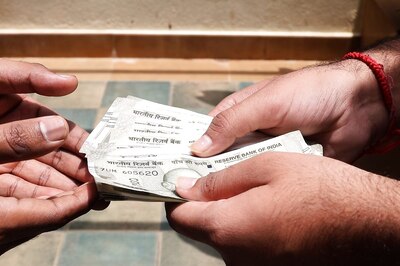

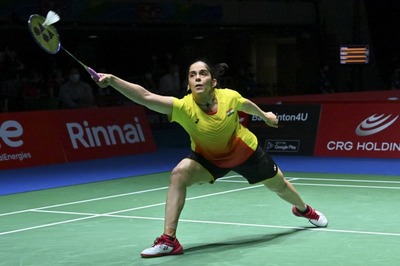

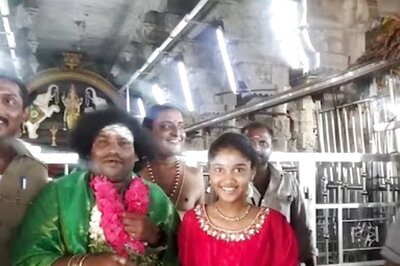



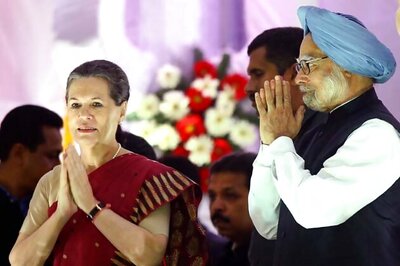
Comments
0 comment